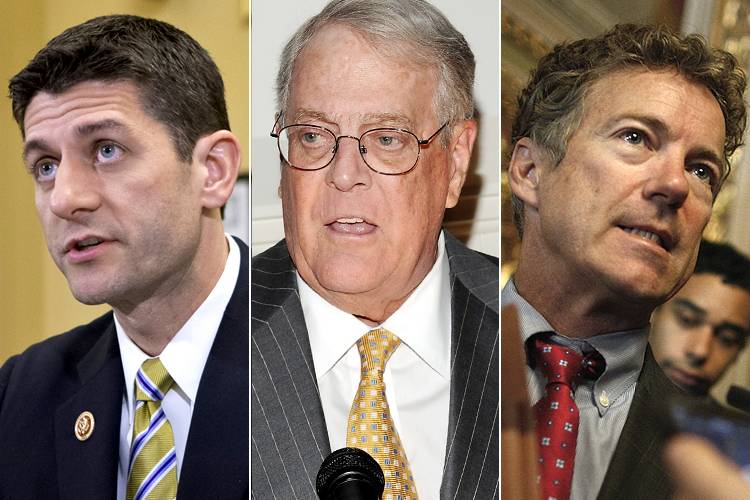Women confront higher rates of poverty than men in all 50 states, according to a new report out from the Institute of Women’s Policy Research. This, despite the fact that women have an edge in education, with young women significantly more likely to finish college than their male peers.
The data shows that 15.5 percent of women live in poverty in the United States, compared to 11.9 percent of men. Women of color are particularly vulnerable, with Native American, Hispanic and Black women more than twice as likely to live in poverty as white women.
“Despite their significant educational progress, women remain more economically vulnerable than men and this is especially true for Millennials, who represent the future of our labor market and economy,” said IWPR president Heidi Hartmann. “The inequality between women’s and men’s wages and their differential poverty rates, at all ages and educational levels, is a significant part of the income inequality story that is not being told.”
These findings, consistent with other data out there, are just the most recent to tear into the idea that education is some kind of poverty panacea. Educational attainment among people living in poverty has increased over the last 40 years, but that hasn’t eradicated poverty or made it any easier to survive on the minimum wage.
Increasing access to education is a good thing, but it isn’t a cure for anything except, you know, unequal access to education. Or as Matt Breunig of Demos put it a couple of years ago, “As a basic logical matter, being more educated doesn’t make you less poor. Having more money makes you less poor. So education, even if you think it is necessary, is not sufficient to end poverty.”
Pretty straightforward stuff.
Addressing income inequality, particularly if we’re talking about women, requires policies that ensure that women won’t be subject to things like routine wage theft in the form of systemic pay disparities. And these are the kind of changes that are opposed by most of, if not all of, the Republicans who have made such a show about their new concerns about poverty.
Jeb Bush, for example, wants to abolish the federal minimum wage. (Or at least freeze it at $7.25 and leave the rest to the states.)
That is awful policy for everyone, but if you’re looking at the numbers, it becomes clear that it would disproportionately harm women. Two-thirds of minimum wage workers are women, and many of those women are their family breadwinners.
Working full-time year-round for $7.25 an hour means you’re still making less than a poverty wage if you’re a mother with two kids. An actual living wage for a family of three is triple that in Wichita, Kansas, capital of the Koch brothers’ empire. It’s nearly five times that in New York City. The difference between the minimum wage and a living wage are consistently bleak across the country. Freezing the minimum wage at $7.25 would further entrench poverty rates among women.
That’s just one example, about one facet of work. Addressing the gender wage gap would also go a long way toward reducing poverty, according to the IWPR report. If women and men were compensated equally, with all other factors being equal or comparable, including age, hours worked, education level and where in the country they happen to live, the poverty rate for working women in the United States would be cut by more than half, researchers found.
“The persistent wage gap, even for women with bachelor’s degrees, in addition to high female poverty rates, and lack of educational access for Hispanic, Black, and Native American women, all point to the need for gender- and race-sensitive approaches to addressing income inequality,” said IWPR vice president Barbara Gault.
But here’s what the major GOP presidential contenders have to say about the Paycheck Fairness Act, a policy that has overwhelming public support and would be a major step in exposing and addressing pay disparities:
Jeb Bush: Huh?
Rand Paul: The Soviet Union something something.
Ted Cruz: Nope.
These guys may be able to dodge the issue while competing amongst themselves, but there’s no doubt that Democrats will keep it front and center in the lead up to 2016.

